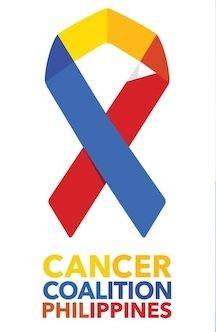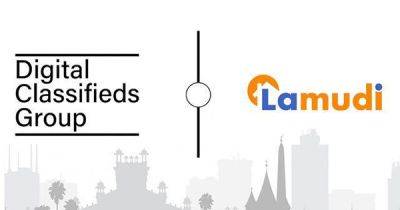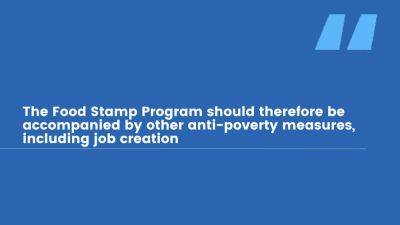The hands behind a cup of coffee in Panama
Conclusion
These agro-ecological techniques include minimizing the use of pesticides and adapting agricultural technologies to face the effects of climate change. Through guided discussion and observation, coffee farmers were empowered to become experts in ecology and oversee the agricultural management of their own coffee crops. The training also included learning activities to increase women’s participation in production and business decision-making.
“Thanks to the training, we’ve learned all about coffee management and how we can take care of plants when they get sick. All of this without the need to put aside our traditional techniques, and while preserving our ancestral native plants,” says Elizabeth.
More than just coffee
For Elizabeth and other coffee farmers in Panama, the project is not just about making good coffee, it is about building a better future for their families and communities.
“Coffee has always been part of our culture, but now we are also seeing it as a potential source of economic relief,” she explains.
By partnering with Café Durán and learning best practices for production and processing, indigenous peoples’ communities are accessing markets and buyers that are reliable and pay fair prices.
In turn, this allows coffee producers to improve their living conditions and offers opportunities for future generations.
“In a certain way, coffee is a magical product because it can, not only help with better social inclusion, but it also offers good international prices,” says FAO Panama representative Adoniram Sanches Peraci.
“Indigenous Peoples have tremendous cultural, social, linguistic, historical and territorial wealth. But they also face significant challenges when it comes to translating this wealth into sustainable economic opportunities, especially given their limited access to culturally responsive technical assistance, markets and financing,” says Ana Grigera, gender and diversity dpecialist at the IDB.
“Coordinated work between government authorities, the private sector and Indigenous Peoples in Panama is key,” she adds.
The perfect blend
When we ask Elizabeth how she expects her life to change, she tells us that she hopes life







